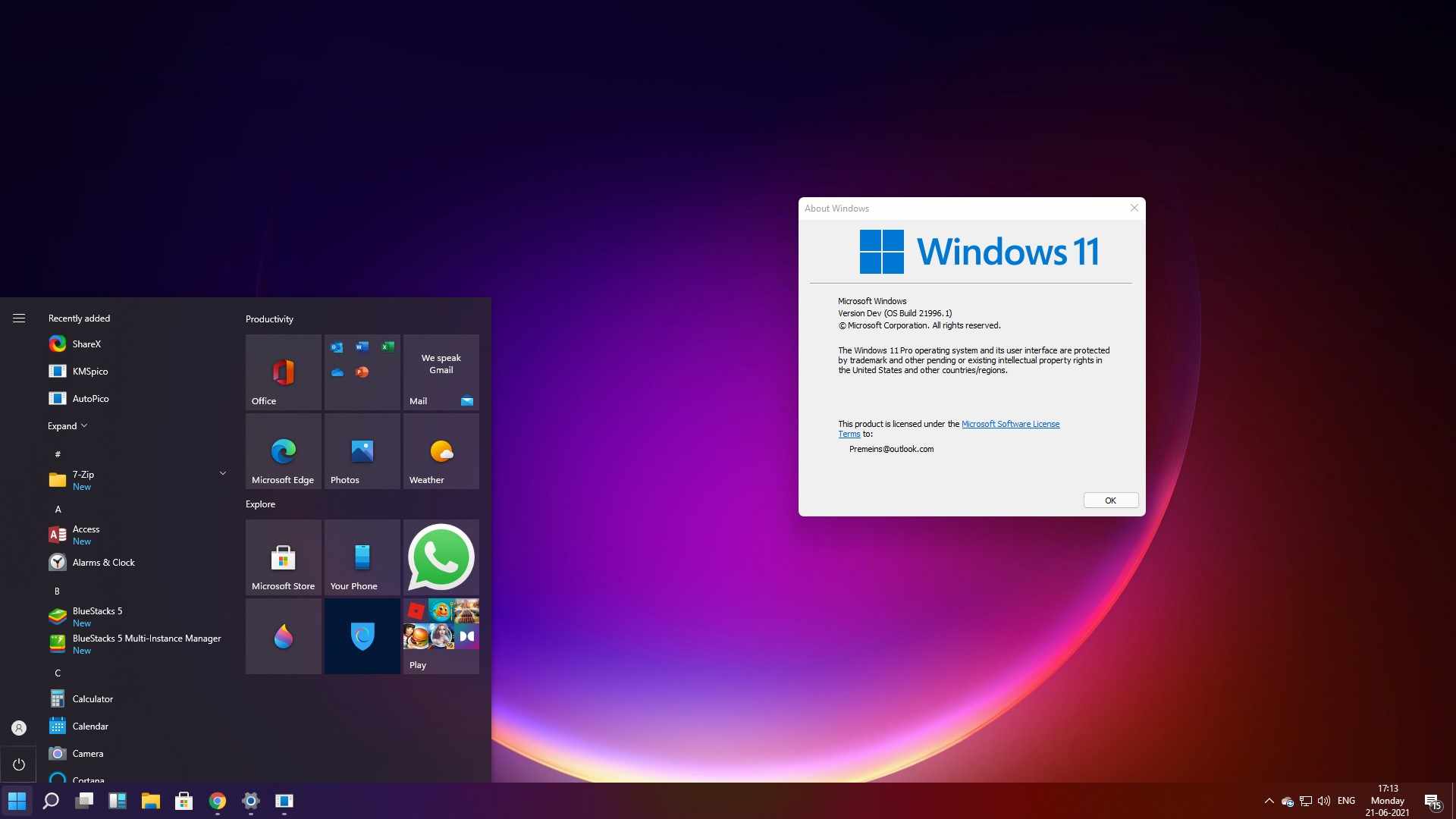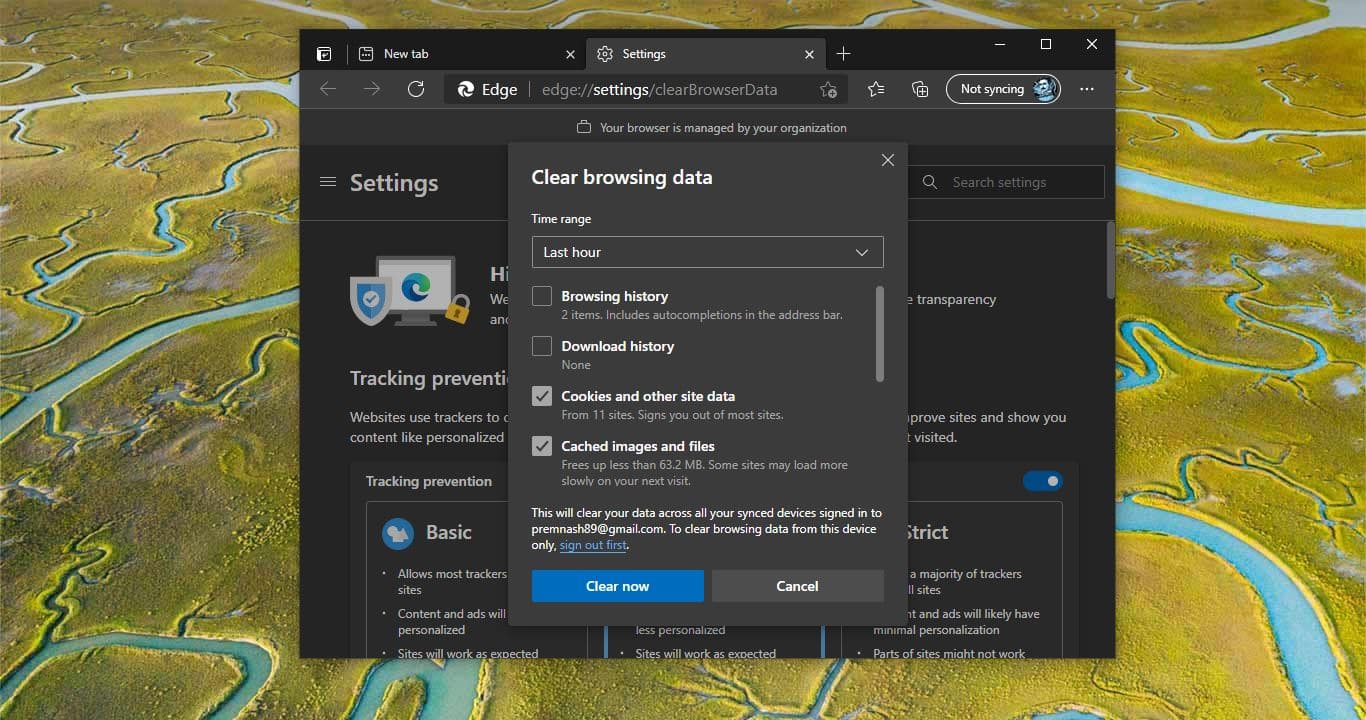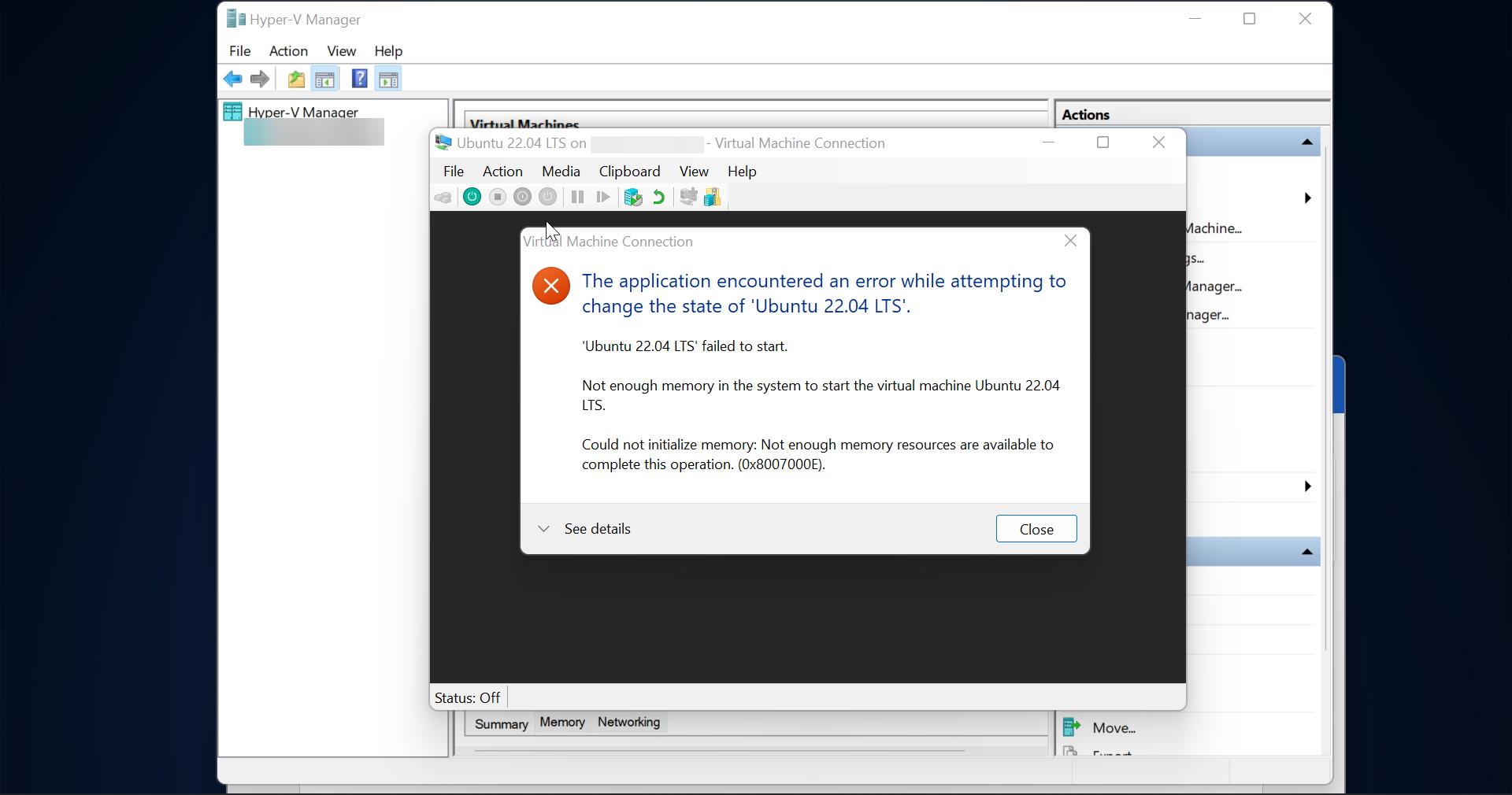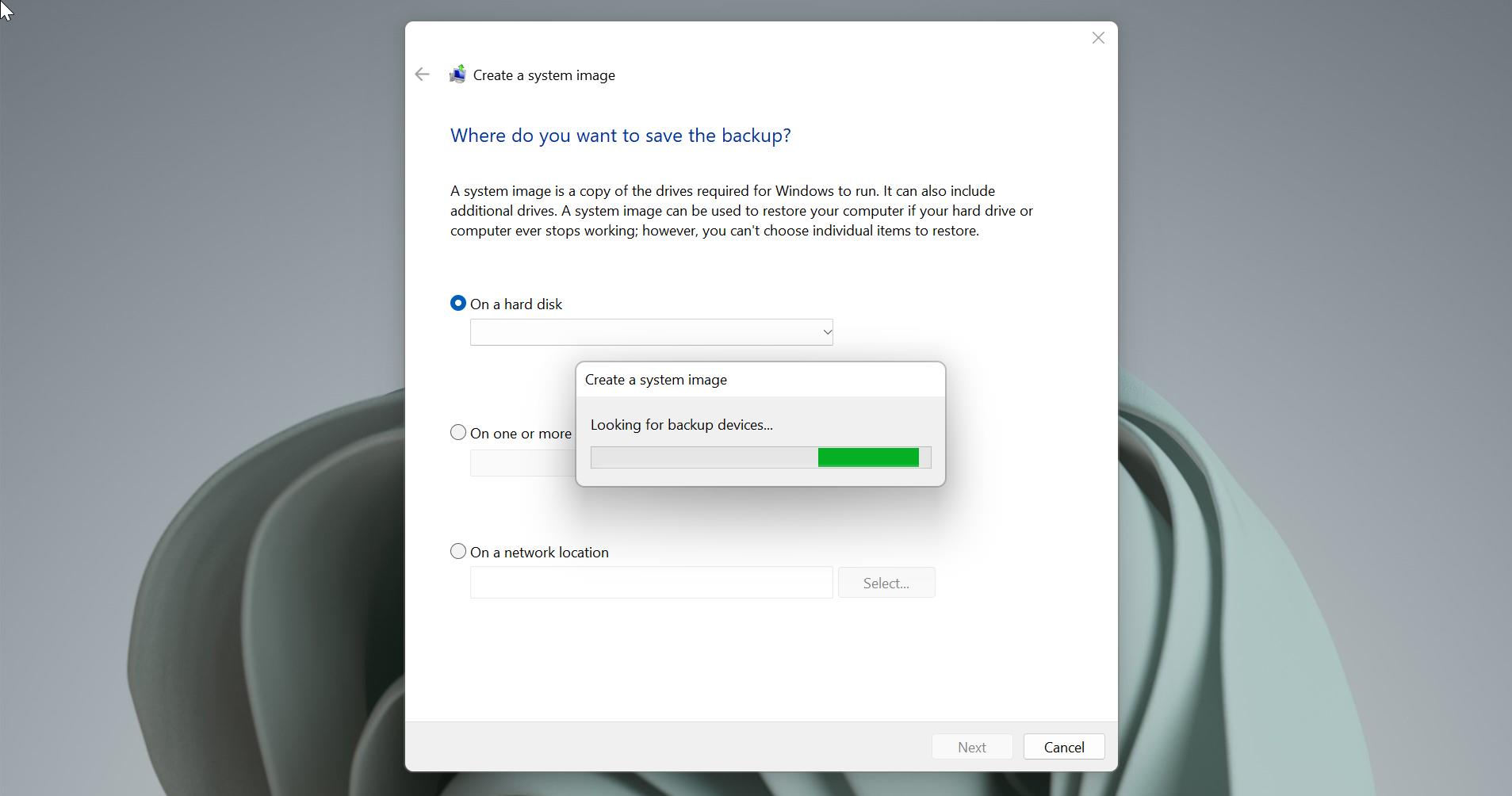Windows license is a proof that you have paid Microsoft to use their software for a fixed amount of time. Since you’ve paid them, they’ll frequently give you additional features through updates that’ll help make your pc safe and secure. A license is basically a proof that you have bought the original product, and anyone can verify it from Microsoft. Microsoft has three main types of Windows licenses, and each type has its own advantages and limitations. Before buying a Windows Laptop or Product key you should know about the Windows License types. Because based on the Windows License type the Windows operating system usage terms will differ. In this article, we’ll see about different types of Windows Licenses.
Type of Windows Licenses:
Microsoft categorizes the Windows License based on Windows Operating System usage terms, If you are a Home user then a Retail license is enough for your system, but for an entire organization it’s not suitable, most of the Organizations use Volume Licenses service. In this article, we are going to see the types of Windows Licenses in detail.
Full Packaged Product (FPP) Licenses:
A full Packaged Product (FPP) is the retail version of a Microsoft-licensed product. FPPs are sold in stores in shrink-wrapped boxes. Each box includes media (a CD-ROM or DVD), an end user’s guide, and other packaging items, such as promotions for other Microsoft software products or services.
FPP licenses are purchased at retail and provide a quick and convenient way for customers requiring less than five licenses to purchase their software. Licenses sold through FPP are either full licenses or upgrade licenses. A full license does not require any pre-existing versions of the software to be on the machine it is installed on, whereas an upgrade license allows you to cost-effectively upgrade to a newer version of the software that you are already licensed for.
When you purchase FPP software you are entering into an agreement with Microsoft stating that you will adhere to the usage rights associated with the software. These rights include details such as downgrade rights, which you generally do not get with FPP software; how many devices you are allowed to install the software on; whether you have the right to move the software to another computer (transfer rights) or not; and, nowadays, whether you are allowed to use the software for commercial use or not.
The usage rights for FPP software are laid out in the Microsoft Software Licence Terms document, which can be downloaded from this site: http://www.microsoft.com/en-us/legal/IntellectualProperty/UseTerms/Default.aspx.
Microsoft does also provide limited support services for software that has been licensed via the FPP channel, details of which can be found here: http://support.microsoft.com/common/international.aspx.
Original Equipment Manufacturer (OEM) Licenses:
OEM is Known as Original Equipment Manufacturer License, OEM licenses are comes with the Laptop/PC which has an inbuilt Windows Operating System. It is only used by System Manufactures; these license keys are digital and integrated into the BIOS of the Computer together with the Serial number of the PC/Laptop. In Simple terms, OEM licensing is when a company provides licenses to another company to use their product, for example, Microsoft sells its Windows Operating System to Dell, and Dell makes computers and other hardware and installs Windows on its computers/Laptops. When you buy a Dell Computer with pre-installed Windows OS from any online store, then Microsoft is the OEM, and it comes with the Digital license. Once you bought the laptop or computer with the digital license, it is locked to that hardware, and the Product key isn’t transferable, and you can’t use the product key to another computer.
In case of laptop hardware/software issues, the manufacturers have to support the user, it’s the manufacturer’s responsibility to support the user and fix the issue. The OEM license agreement is governed by the Microsoft License Terms.
Volume Licenses:
Volume Licensing is a flexible approach that allows you to buy the licenses in bulk at discounted prices, It can be used for servers, desktops, laptops, and cloud solutions. Microsoft Volume Licensing enables businesses to acquire multiple copies of Windows OS licenses in one, easy-to-administer purchase. Mostly this type of licensing is used by Organizations of any size from multinational companies to small businesses. Volume Licensing comes in many types depending on the organization’s requirements. Find more about Volume Licensing on Microsoft Website.
Know what type of License is activated on your Computer.
Read Also: How to Find Product Key using Command Prompt in Windows 10/11?





